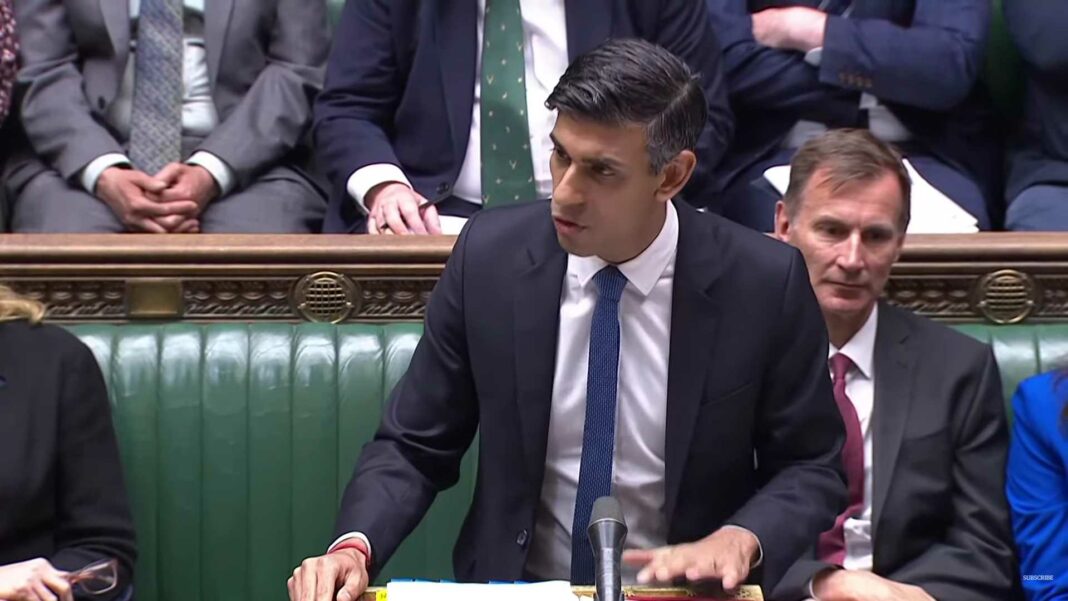23 JUNE 2023 | ANALYSIS
The fallout of the Privileges Committee’s report into Boris Johnson could engulf the Tory party in factionalism.
When Jeremy Corbyn was defeated in a second general election in 2019, his departure as Labour leader seemed foreseeable. But what was not necessarily predicted was the subequent infighting that ensued.
Factionalism has continued to disrupt the new leadership, as Corbyn’s allies have tried to undermine Sir Keir Starmer at every turn.
At a time when unity was vital, Corbyn’s cabal showed little interest in it. Even now, the former Labour leader’s loyalists appear determined to fight his corner.
But that is not to say that Corbyn and his allies have been left in peace, without provocation. The decision to remove the party whip, therefore casting him aside as an Independent MP, was a measured strategy for the new leadership to distance itself from the old – and so too was the decision to block him standing as a Labour MP in the constituency he has served for 40 years.
Whether for better or worse, the Labour leadership’s move to attempt to estrange Corbyn seems only to have enflamed factionalism within the party – from the ‘Corbynites’ to the ‘Starmtroopers’, and from the left to the right of the party.
The Privileges Committee’s verdict on Boris Johnson’s charges could lead the Conservatives down the path of conflict too – and Rishi Sunak could be in danger of lighting the match that sparks the flame of factionalism within his Government.
If he too were to take an aggressive stance towards the previous leadership, Sunak threatens provoking Johnson’s allies. This could prove fatal to his premiership.
Although Johnson has resigned his seat, some might say it is remiss to believe his influence within the party is now too little to stir up trouble for the Prime Minister.
Allies have already hinted at a political comeback at the next General Election and commentators are being to speculate.
What does seem certain is that Johnson holds sway over the grassroots. Both party members and local councillors have told me of their dismay at the events of last summer. Some Tory members went as far as to say they refuse to vote Conservative until Johnson is reinstated, however unlikely.
In the run-up to this year’s local elections, Conservative voters – some of whom were lifelong – spoke with passionate fury over the events that have unfolded over last 18 months.
The problem Sunak faces now is growing accusations of denying democracy. In the eyes of voters, he is not only to blame for Johnson’s topple, but wasn’t even the party members’ first choice to replace him.
If Tory backbenchers take heed of what their constituents are telling them, they may end up turning on their leader once more, even if only in an attempt to save their own seats. And with four by-elections looming, the results may determine not just Sunak’s future, but those of his MPs.
The Conservatives are facing a crisis – a crisis over ideological direction and party democracy. If the Prime Minister fails to unify his party, factionalism may rule the roost and his leadership may well hang in the balance.



























At 74 yrs of age I have been a staunch Tory voter for 52 of those years, not at present with the current inept PM and cabinet. The only other time I have not voted Tory was 1997 when there was no way I could even hold my nose and enter the Polling Station to vote for Major. Unless there is drastic change in the current leadership and his equally inept Cabinet I will refrain from voting in the next GE too.